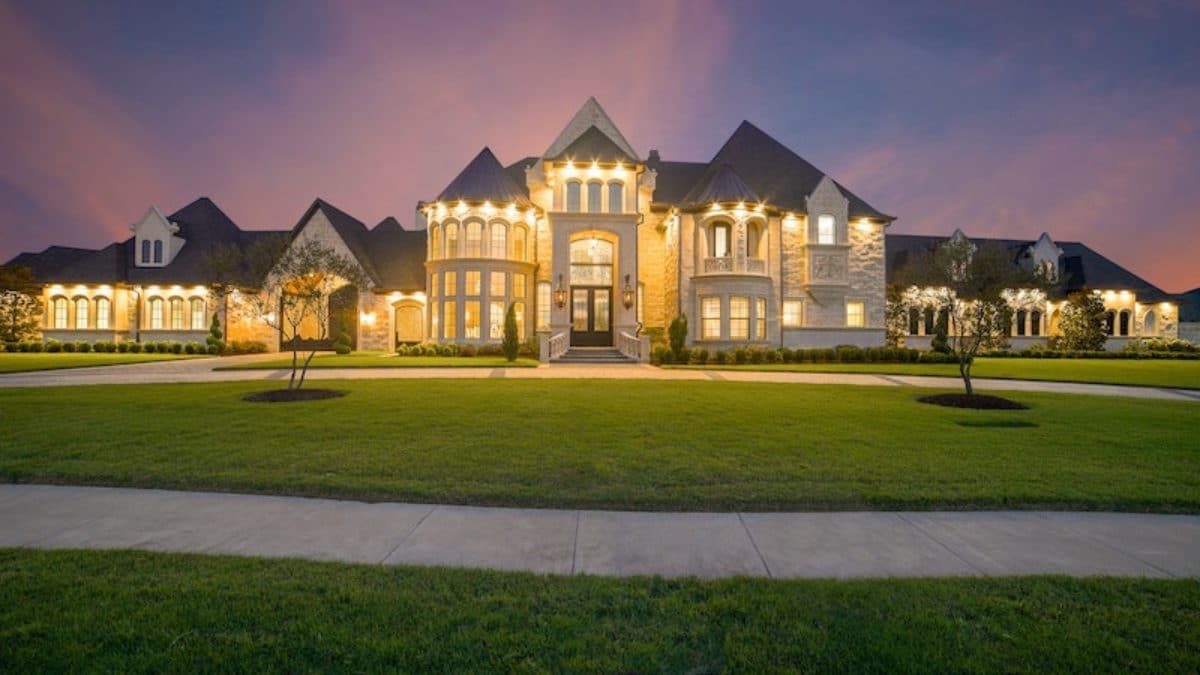Does Raising the Estate Tax Make Sense?
In this U.S. election season, many people are talking about campaign platforms as indicators of what our future might hold. Part of that discussion focuses on raising revenue. Where will the needed revenue come from?
Some candidates of course advocate for taxing the rich. It’s an easy fallback position: tax the rich because they have money to spare—or at least so the thinking goes. With the huge transfer of wealth underway in the U.S., some are calling for raising the estate tax.
Trusts & Estates magazine legal editor Anna Sulkin takes aim at the idea of raising the estate tax on the rich in “More Taxes for the Rich,” on WealthManagement.com. Specifically, Sulkin is responding to proposals in a New York Times opinion piece by New York University School of Law professor Lily Batchelder, who advocates returning estate taxes to 2009 levels and other ideas for dramatically increasing estate tax rates.
As part of her commentary, Sulkin interviewed Turney Berry, an experienced estate planning attorney with Wyatt, Tarrant & Combs, LLP. They note a few pivotal points:
- Efficiency. While everyone agrees the government needs revenue to operate, the question is, what is the most efficient way to get that revenue—an income tax or a death tax? (Some of that answer is apparent in the question. It’s more efficient to tax income which is regularly recurring rather than a death tax, which depends on an unpredictable event.)
- Exploitable Exceptions. It is easy to suggest that any increase in estate taxes should be equal across the board, but what about family farms and family businesses? Put differently, we don’t want family farms and family businesses to dissolve because of a death tax. We need those generational businesses to continue to provide jobs and contribute to the economy. They are integral to the fabric of our society. But every exception in the tax code offers opportunities for savvy planners to save their clients taxes. Would a radical rewrite of the tax law provide the simple gains outlined by Batchelder?
- Wealth Inequality. Batchelder’s complaint is that it is unfair for heirs to receive huge amounts of unearned wealth—the unworthy heir. Sulkin/Berry offer an interesting idea in response. Wealth should be taxed based on how it’s used. What if we raise taxes on the heir who spends more but lower taxes for the heir who gives more or works to preserve generational wealth? Incentivize the behavior you desire.
- An Equal Voice. There’s no doubt a cry for diversity in our society. But diversity goes both ways: “In a diverse society don’t we want the voices of the indolent but well-off?” In a truly progressive society, we’ll honor the voices of all—the poor, the middle class, the wealthy. From the diversity of all, we create the richness and tenor we all desire.
Take it where you will, but the article raises worthy points of consideration in the debate on raising the estate tax. These sorts of issues seldom end up as simple as they’re sometimes made out to be.
Photo by Daniel Barnes on Unsplash
Share this Post
Published September 11, 2020
Topics: Culture Commentary | Estate Planning

